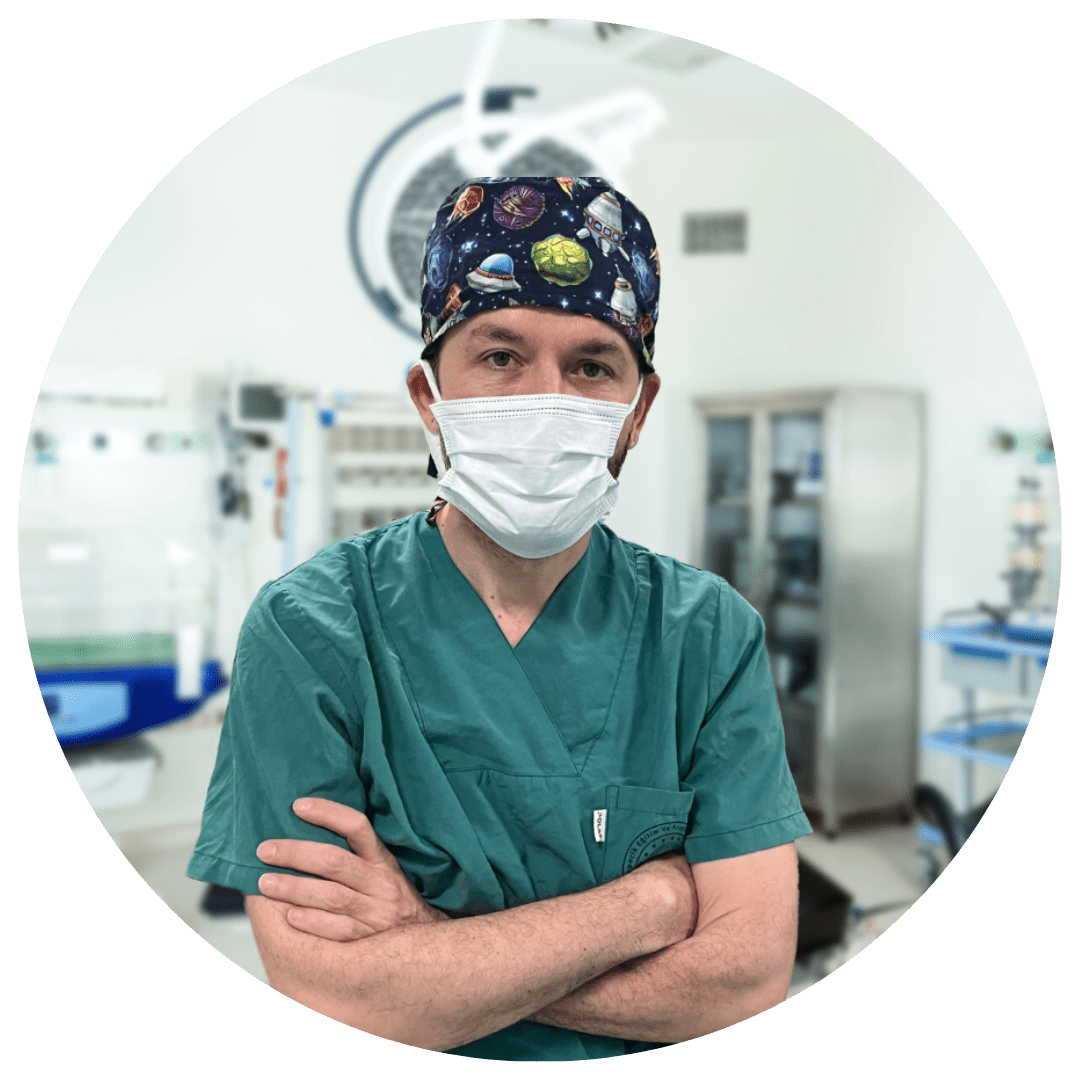- 6 March 2023
- Prof. Dr. Gökhan Koç
- Comment: 0
- Blog
When some elements in the urine become concentrated, the kidneys; It produces hard, pebble-like deposits known as kidney stones. They can be extremely painful and often require medical attention to be treated. Some people may worry that drinking coffee may increase the risk of developing kidney stones because it is a common beverage. However, the evidence is contradictory and nuanced. What is known about the potential link between coffee and kidney stones is listed below.
First, it’s important to understand that a variety of things can cause kidney stones, including genetics, diet, and specific medical conditions. While other studies have found no connection, some have suggested that coffee may help form kidney stones.
Coffee contains a number of compounds that can potentially affect kidney stone formation, which may be one of the reasons for this discrepancy. For example, caffeine found in coffee has been shown to increase urine production and reduce the concentration of certain urine components that can result in kidney stones, such as calcium and oxalates. This may reduce the chance of developing kidney stones.
However, coffee also contains oxalates, which are substances that can help form kidney stones. The most typical type of kidney stones are calcium oxalate stones, which can form when oxalates bind with calcium in the urine. By providing a source of oxalates, coffee may increase urination and reduce the concentration of some substances that can cause kidney stones, but it may also increase the risk of kidney stones.
The Role of Coffee in Kidney Stone Formation
In addition to these conflicting factors, some studies have found a link between coffee consumption and other lifestyle elements that may influence kidney stone risk. People who drink coffee may, for example, be more likely to avoid drinking enough water or consume a diet high in animal protein, both of which can increase the risk of kidney stones. Therefore, it is difficult to determine the exact role coffee may play in kidney stone formation.
Despite conflicting data, some studies have suggested that drinking coffee may reduce the risk of kidney stones. For example, one important prospective study found that drinking coffee reduced the risk of kidney stones in both men and women. The study was published in the American Journal of Epidemiology. Similarly, a meta-analysis of 10 studies discovered that drinking coffee was linked to a lower risk of kidney stones, especially in men.
Coffee Consumption and Kidney Stones: Examining the Link
On the other hand, coffee consumption may be linked to an increased risk of kidney stones, according to other studies. For example, a study published in the Journal of the American Medical Association found that coffee consumption was linked to a higher risk of kidney stones in men. Similarly, one study found that coffee consumption was linked to a higher risk of kidney stones in women. This study was published in the American Journal of Kidney Diseases.
Overall, there is conflicting and mixed evidence regarding the link between coffee and kidney stones. Coffee consumption may reduce your risk of kidney stones, according to some research, but it may also increase your risk, according to other studies. Coffee’s effect on kidney stone risk may depend on a number of variables, including genetics, diet and other lifestyle choices.
It’s important to remember that coffee is only one possible factor that may influence the risk of kidney stones. If you have concerns, it’s a good idea to discuss the risk of kidney stones with your healthcare provider. They can help you understand your risk and make recommendations to reduce your risk, such as maintaining a healthy diet and hydration level, getting regular physical activity, and dealing with any underlying medical conditions.
Source:
https://www.ncbi.nlm.nih.gov/pmc/articles/PMC9589282/

Prof. Dr. Gökhan Koç graduated from Gazi University Faculty of Medicine in 2000. After his graduation, he worked as a research assistant in the urology clinic at Tepecik Training and Research Hospital for 5 years and became a specialist doctor in 2007. He currently provides services in urological surgery in İzmir.




